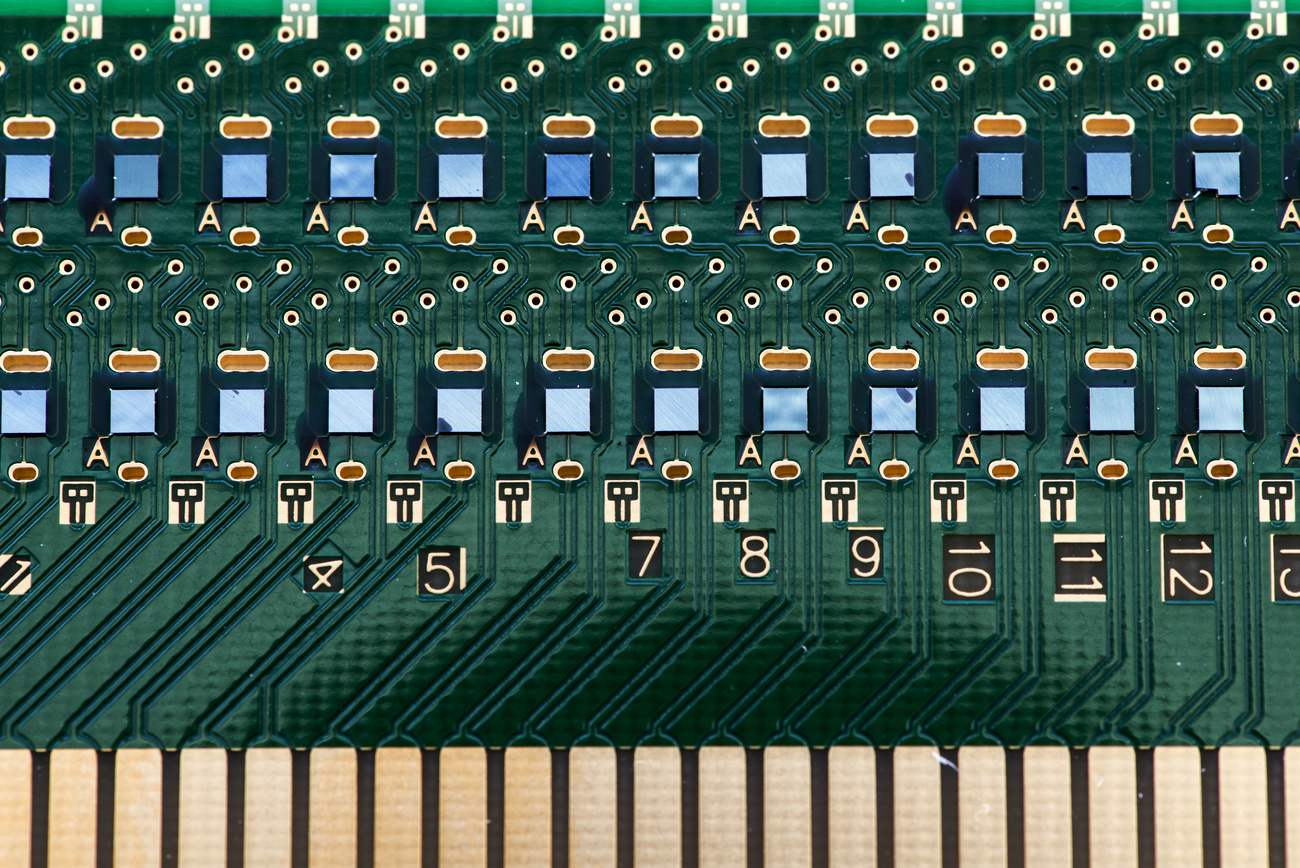
US restricts Switzerland’s access to AI chips

Switzerland is excluded by the US from the group of allied countries which have unlimited access to chips required for artificial intelligence (AI).
+ Get the most important news from Switzerland in your inbox
The US recently changed the rules for the export of products related to artificial intelligence. Only countries that are considered allies are now allowed to access these computer chips. And Switzerland is not one of them.
+ Read about the latest AI developments in Switzerland
Only 18 countries are considered trustworthy allies in the US, including France, Germany and Japan. According to Washington, these nations are worthy of unrestricted access to these very powerful computer chips, which are manufactured exclusively by US companies.
+ Switzerland caught between US-China AI dominance battle
This new regulation will come into force in four months. After that, Switzerland will still be able to import these chips, but will be subject to a limited quota in the coming years.
Switzerland’s dependence
Experts are already expressing their concerns, as these chips are used extensively in academic research as well as by many companies.
These technologies are already present in many areas and will be omnipresent in the coming months to years, says Olga Baranova on Swiss public television, RTS. She is Secretary General of the CH++ association, a citizens’ lobby to strengthen scientific and technological expertise in politics.
+ Read more about how Trump’s orders could affect Switzerland
Baranova also points out that the US largely dominates the market, which makes alternative supply difficult.
Blocking rival countries
It is not entirely clear why Switzerland is not one of the allied countries. The official US Department of Commerce document lists those countries they trust to protect their technology and have no restrictions. However, no individual statements were made regarding the excluded countries.
Nevertheless, it seems clear that the main aim of this regulation is to deny rival countries, especially China, access to this cutting-edge technology. The US is not only trying to curb exports, but also to prevent Chinese companies from circumventing the restrictions by setting up subsidiaries abroad.
Baranova is therefore calling on the Swiss government to show the US that Switzerland meets the criteria to be considered a trustworthy partner. “It is clearly up to Switzerland to demonstrate its reliability and provide the US with additional guarantees.”
The State Secretariat for Economic Affairs (SECO) is currently analysing the document and its potential impact on companies and research institutions. According to SECO, discussions have already begun with the US authorities to ensure that this regulation does not hinder research or innovation in Switzerland.
SECO also points out that Switzerland is home to US companies and their research centres that make heavy use of these chips, such as Google.
Translated from German by DeepL/ds
This news story has been written and carefully fact-checked by an external editorial team. At SWI swissinfo.ch we select the most relevant news for an international audience and use automatic translation tools such as DeepL to translate it into English. Providing you with automatically translated news gives us the time to write more in-depth articles.
If you want to know more about how we work, have a look here, if you want to learn more about how we use technology, click here, and if you have feedback on this news story please write to english@swissinfo.ch.

In compliance with the JTI standards
More: SWI swissinfo.ch certified by the Journalism Trust Initiative
















![The four-metre-long painting "Sonntag der Bergbauern" [Sunday of the Mountain Farmers, 1923-24/26] had to be removed by a crane from the German Chancellery in Berlin for the exhibition in Bern.](https://www.swissinfo.ch/content/wp-content/uploads/sites/13/2025/12/01_Pressebild_KirchnerxKirchner.jpg?ver=a45b19f3)











You can find an overview of ongoing debates with our journalists here . Please join us!
If you want to start a conversation about a topic raised in this article or want to report factual errors, email us at english@swissinfo.ch.